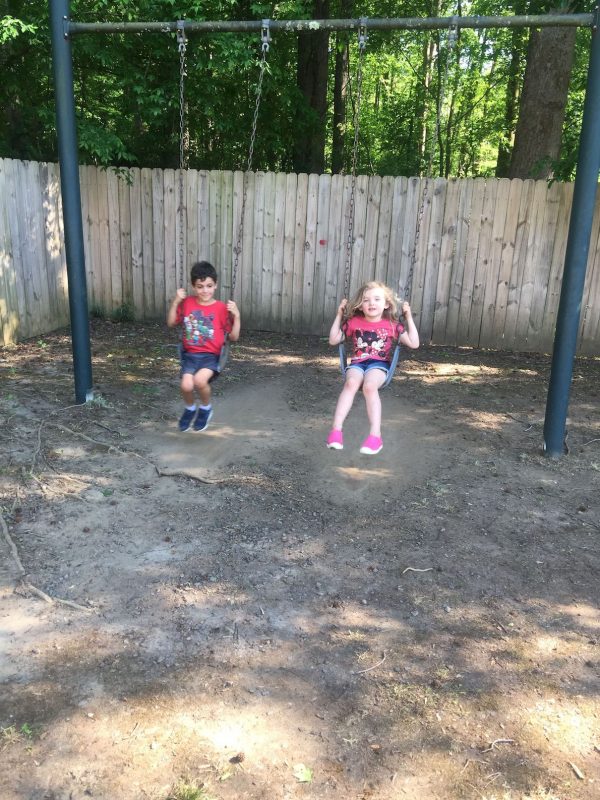I hope that this post isn’t head-smacker obvious in its conclusions, but I had an epiphany of sorts yesterday at my kids’ swim practice.
First of all, I’m not super frugal but I’m always trying to get better at spending, because it’s my Achilles’s heel, my Kryptonite.
Second of all, I believe very much in a simplified schedule. This year, I don’t have a full-time (or even part-time job), so my schedule has been very bare, on purpose. That’s been nice. We’ve enjoyed a blessedly busy-free schedule for the entire school year. It’s very much in keeping with our location independent lifestyle. We’ve made last-minute decisions to have a beach weekend or travel to see a relative several times, even skipping a day of school if we needed to.
However, this week, I’ve had a taste of what an over-scheduled life might feel like. The kids have only had one activity each for most of the year, but as of two weeks ago, they both tried out for and made swim team. We have practice every evening.
During the day, after I get the kids on the bus, I’ve been running, writing, applying for jobs, and quickly tidying the house. Then, I run off to help my sister with her new baby, so she can work her Etsy business. After that, I drive back home, pick up the boys on the bus, get them changed, take one to swim practice, come home, eat, then take the other to swim practice.
I’ve had one week of this, not an entire school year, like many parents. But already I’m feeling the effects.
Yesterday, I ordered groceries from our grocery service (which continues to be a major, huge, wonderful help in my life that helps me spend less on groceries despite its cost). After putting them away, I realized that I hadn’t taken inventory of the food we currently had in the house. Because our week had been so busy, and we’d eaten out once during the week, we had a lot more food left over than usual.
Continue reading “Wanna Be More Frugal? Try Under-scheduling.”












